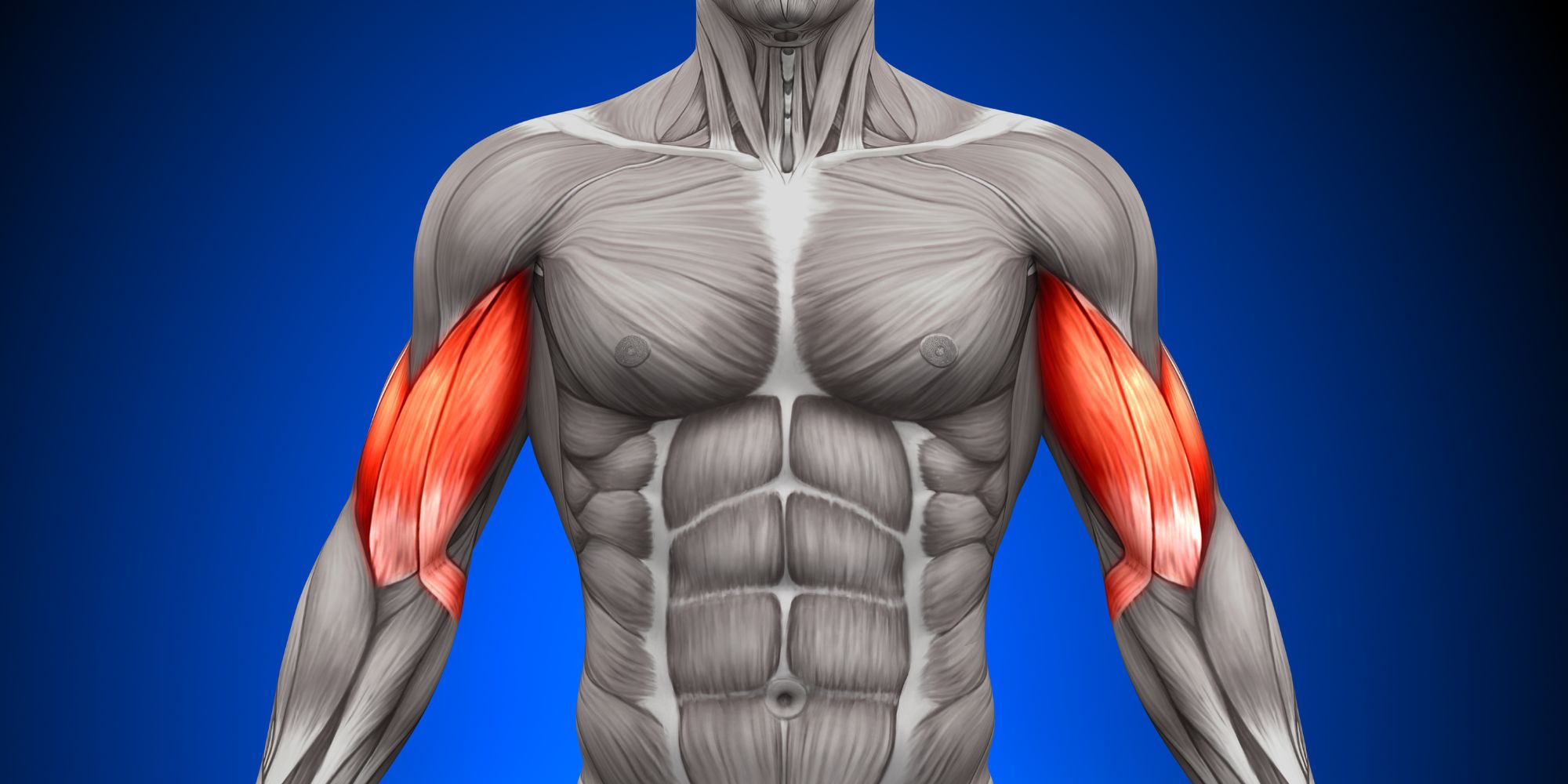Ever felt a sudden rush of pain down the front of your shoulder? Was it when you reached for the treats at the top of the cupboard? Or whilst you were at tennis training? Maybe it was at the construction site? You could be suffering from biceps tendinopathy. Whether these situations apply to you or not, all of us can fall victim to it so let’s dive into this month’s blog to find out more!
What is biceps tendinopathy?
Biceps tendinopathy is an umbrella term that relates to pain, tenderness and impairment of the biceps tendons. Although strong, these tendons are particularly vulnerable as they are susceptible to overuse and strain from sport, work and everyday activities.
There are two types of biceps tendinopathy:
Distal biceps tendinopathy: occurs at the tendon where the biceps muscle connects to the elbow.
Proximal biceps tendinopathy: occurs at the tendon that attaches to the top of the shoulder socket.
Causes?
Distal tendinopathy is pretty uncommon. It is usually triggered by a direct trauma or injury, so our focus is on the proximal type in this blog.
Proximal tendinopathy is most commonly caused by overuse. Any repetitive overhead movement, especially when forceful, can trigger an initial bout of inflammation that can progress to a change in the structure of the tissue that makes up the tendon. Athletes are common victims, with sports like tennis, baseball, swimming, cricket and netball all requiring repetitive overhead actions.
However, we don’t only see sports people come in for help. If you are a plumber, electrician or tradesman alike, you may also be at risk.
Some other causes of proximal tendinopathy are:
- Poor posture
- Lifting something heavy
- Poor overhead/lifting technique
- Injury to the area
Symptoms?
When inflamed, the tendon takes up more of the joint and tissue space further irritating the area. This causes a loss in range of motion as well as pain. You may feel:
- Sharp onset of pain in the front of the shoulder or shooting down the front of the arm
- Pain exacerbated by overhead movements
- Difficulty and/or pain when rotating your palm
- Muscle weakness or tenderness
- Clicking or other audible sounds when moving your shoulder
It is important to realise that tendon injuries, if not tended to quickly, can progress from an acute inflammation to a chronic, lasting pain which may eventually result in tearing of the tendon as the tendon tissue degenerates over time.
How can we help?
There are many different reasons for shoulder pain, so we first make sure to correctly diagnose. We may use a range of tests, along with a physical exam and history and to get to the root cause of the issue.
Once diagnosed, we first try to manage pain. Although complete rest is not recommended, try to avoid any activities that overload the area. We may prescribe isometric exercises as they are done without movement and can help to reduce pain and begin to improve stability in the area.
After pain is managed, introducing strength-based exercises is important! Using eccentric exercises challenges the muscle through elongation of the tendon. We know exercises can be annoying but trust us, they REALLY do work!
This leads us on to…. Gradually getting you back to normal activity! As long as you are using your prescribed exercises, we can start introducing functional rehabilitation that involves progressions at a steady pace. We may also look at your throwing, lifting or hitting technique to see if any adjustments should be made to prevent recurrence.
It is also common for us to work on the surrounding joints and muscles as there are a number of tissues involved in shoulder/arm movement. We may use massage or stretches to help keep your muscles, joints and tendons flexible and minimise any undue load on the biceps.
The longer you put up with pain, the longer it takes to recover! If you are experiencing any shoulder pain or are worried you may be suffering from biceps tendinopathy, get in touch today, by calling (03) 8360 8363 or email info@altonameadowsosteo.com.au.
